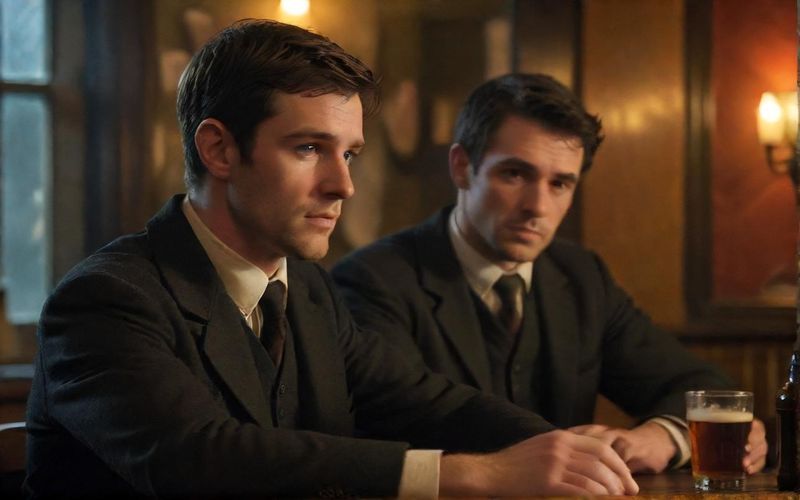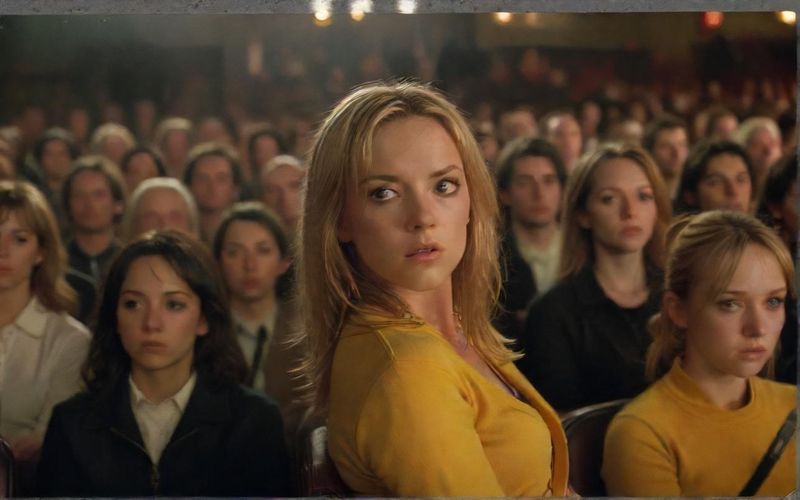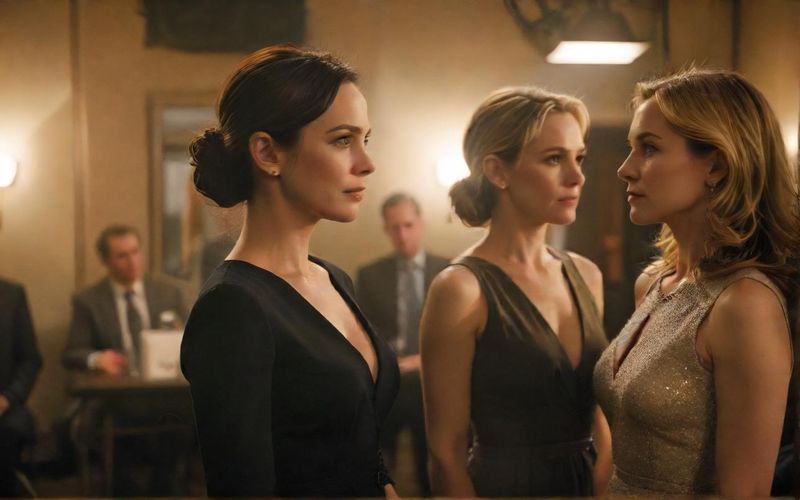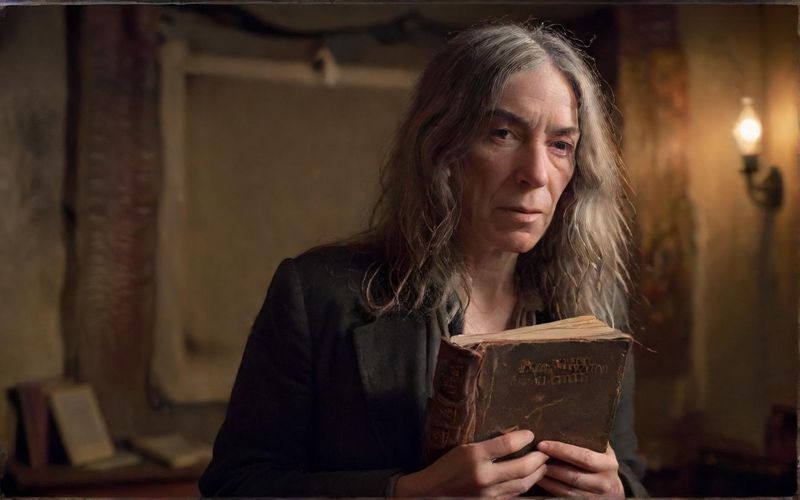Night Manager Returns for Two New Seasons

The original series, based on John le Carré’s masterful novel, was a tightrope walk. Pine, portrayed with such understated intensity by Hiddleston, had to become a criminal himself to expose the truly reprehensible. He wasn’t just an observer; he was a participant, a ghost in the machine, constantly battling the temptation to succumb to the darkness he was immersed in. And the supporting cast? Olivia Colman as Angela Burr, a relentless intelligence officer, and Hugh Laurie as the impeccably villainous Richard Roper, were simply sublime. It’s that complex dance of good versus evil, where lines blur and allegiances are constantly tested, that made The Night Manager so utterly compelling.
Now, as we brace ourselves for New Year’s Day 2026, the first installment of this new chapter promises to plunge us back into that world. Pine, now under the alias Alex Goodwin, is living a life of quiet surveillance. But as these things always go, peace is fleeting. A chance encounter with an old mercenary, a ripple from the past, triggers a violent entanglement with Teddy Dos Santos, a Colombian businessman played by the intriguing Diego Calva. This isn’t just a new antagonist; it’s a descent into a potentially nation-destabilizing conspiracy involving arms trading and the training of a guerrilla army. The synopsis paints a picture of peril, with Pine teaming up with Camila Morrone’s Roxana Bolaños, a businesswoman drawn reluctantly into his orbit. It’s a narrative that promises to expand beyond the source material, venturing into entirely new territory, a testament to the enduring legacy of le Carré’s universe.
What strikes me most is the sheer audacity of this revival. Nine years is a significant gap. In the ever-accelerating churn of television, it's easy for a show to fade into memory. Yet, The Night Manager has clearly lingered. Perhaps it’s the timeless nature of the themes it explored – the corrupting influence of power, the moral compromises required in the pursuit of justice, the chilling reality of the global arms trade. Or maybe it’s the sheer brilliance of the original production, the palpable tension, the visual poetry of its opulent yet dangerous settings. The return of Colman and the hint that Hugh Laurie's Roper may have survived the ambiguous ending of season one only amplifies the anticipation. It’s not just about revisiting a beloved story; it’s about seeing how these characters, and the world they inhabit, have evolved.
The announcement of the return of The Night Manager, particularly with the confirmation of not one, but two additional seasons, is more than just good news for fans; it speaks to a deeper appetite for intelligent, sophisticated storytelling that grapples with complex issues. In an era saturated with content, the enduring appeal of a show that prioritizes character depth and moral ambiguity is a powerful statement. It suggests that audiences are still hungry for narratives that challenge them, that force them to confront uncomfortable truths, and that, at their core, are driven by the human struggle against overwhelming odds.
As Jonathan Pine once again steps into the shadows, forced to make impossible choices, we are left to wonder: in a world where the lines between right and wrong are constantly redrawn, how far is too far? And as this new saga unfolds, will Pine find redemption, or will the darkness he’s battled for so long finally consume him?









